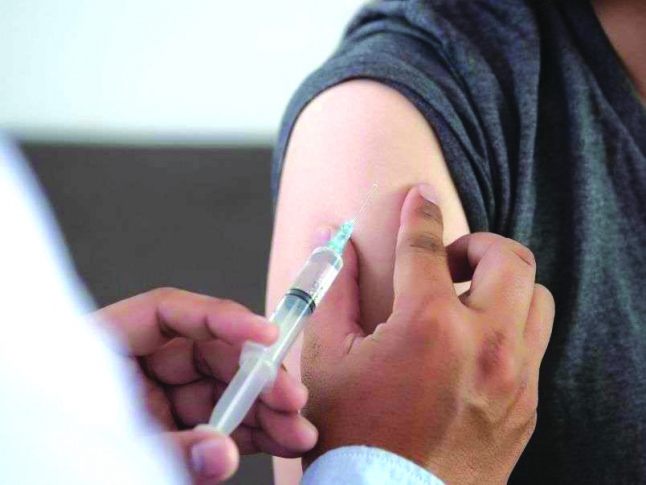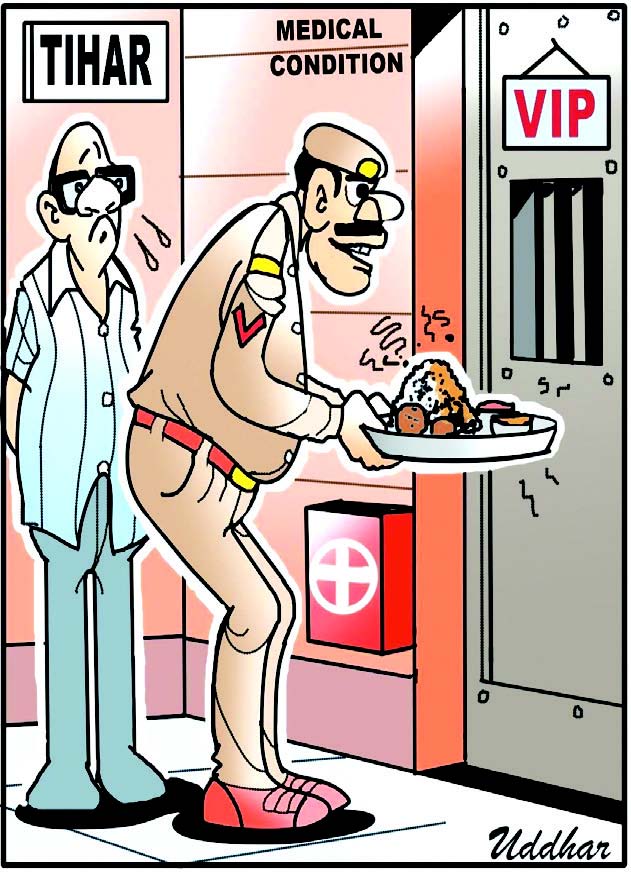
Gladstone D’Costa
That was Tushar Mehta, India’s Solicitor General, representing GOI in the Delhi HC on the 24th April 2021. He added “so far we have ensured that no one in the country was left without oxygen.” On the night of 22nd April, twenty-five critically ill coronavirus patients died in one of Delhi’s biggest private hospitals, Sir Ganga Ram from lack of oxygen. On 24th April, the very day that the SG made that crass insensitive statement in court, a further twenty patients died in another Delhi hospital, Jaipur Golden, again due to lack of oxygen. Yogi Adityanath, went one step further in UP. There was no shortage of oxygen he declared, and anyone saying otherwise will be prosecuted under the NSA. The fact that he has lost 5 MLAs to Covid made no impact. Fortunately, the courts slammed all attempts to muzzle the media on vital health care issues, to the extent of saying “You can bury your head in the sand like an ostrich, we won’t.”
The second wave in India undoubtedly caught us totally unprepared. There are numerous explanations for this depending on where you stand in the political spectrum. The focus of discussion here is going to be the remedial measures. We were hit by a health crisis which required immediate measures namely, hospital beds manned by adequate staff, therapy mainly in the form of oxygen supplemented by drugs, vaccination, and basic infrastructure, like hotlines for information, and a viable vaccination program. But most of all we needed leadership. The deafening silence on any expressions of remorse or sympathy for the lakhs dying, or dead bodies floating in the Ganga, was reprehensible. Election rallies and religious gatherings were considered more important. Oh! But I forgot, I should “try and not be a cry baby”.
We needed hospital beds. India has 19 lakh beds with 12 lakhs in the private sector. That’s 16/10000 population. Even Sri Lanka does better with 42/10000. Of the 95000 ICU beds 59000 are in the private sector; and of the 47000 ventilators, 29000 in the private sector. This merely reflects 75 years of neglect of the healthcare sector by successive governments. Even at the present time, healthcare is allocated barely 1.25% of GDP, way below many other third world countries. The government justifiably commandeered private sector beds. Therein surfaced a long-neglected problem. The Clinical Establishment Act, though passed in 2010, has been adopted in less than half the states. These hospitals, which were never subjected to inspections of any sort, were now operating various types of electrical equipment to cope with the patient load on a 24/7 basis. Antiquated electrical wiring got overloaded, with frequent breakdowns and fires in a number of them. Many were in residential buildings which created problems of their own. Extra oxygen cylinders were requisitioned but transport and storage became a problem because safety measures mandated by law, were ignored. Committees dealing with oxygen replenishment should have had representatives from the oxygen manufacturers to help in the logistics. Bear in mind that the government’s own committee had anticipated an oxygen shortage in April 2020 and again in November. A number of states were earmarked for oxygen plants but this was never followed through even though eminently doable. If a hospital in Gujarat could set up an oxygen plant in 72 hours, catering to 35-40 patients, it was criminal negligence, not to do it for the rest of the country.
The vaccination program was another example of sublime incompetence. Even a 4th standard child would tell you that if there are 1 crore people needing vaccination, you would need 2 crore doses. We have managed to vaccinate 3% with two doses and 9.2% with one dose. Absolute confusion reigns over equitable distribution of doses among states and differential pricing for the centre, states and private players. But “Let us try and not be cry-babies”
Nearly 800 doctors have died treating Covid. Yet we think nothing of abusing and assaulting them when relatives die in hospital deprived of oxygen, an issue completely out of the doctors’ hands. In Goa, GARD threatened to withdraw services over an assault. Why were the provisions of the “Goa Medicare Service Persons and Medicare Service Institutions (Prevention of Violence and Damage or Loss to Property) Bill 2013 not enforced? The bill makes assaulting healthcare personnel and destruction of property a non-bailable, cognizable offence, with penalties of 3 years imprisonment and fines of Rs 50,000. Putting a few extra policemen at the entrance is no solution as in most cases they remain mute spectators to the mayhem. Destroying equipment invites a penalty of twice the replacement cost. If enforced, it would have had a dramatic preventive effect, inspiring confidence and reassuring healthcare personnel. Doctors are in short supply and are certainly not expendable commodities. The sooner society appreciates this, the better.
With a tragedy of such proportions unfolding, a Rs 22,000 crore Central Vista project continues. Rajpath is to be revamped, a new triangular parliament building is to be built, with new residential buildings for the PM and vice president. It is indeed a slap in the face of all those brave corona warriors who risk their lives trying to save their patients dying from lack of oxygen and vaccines.
Oops! I forgot, “we must try and not be cry-babies”
(The writer is a founder member of VHAG)
